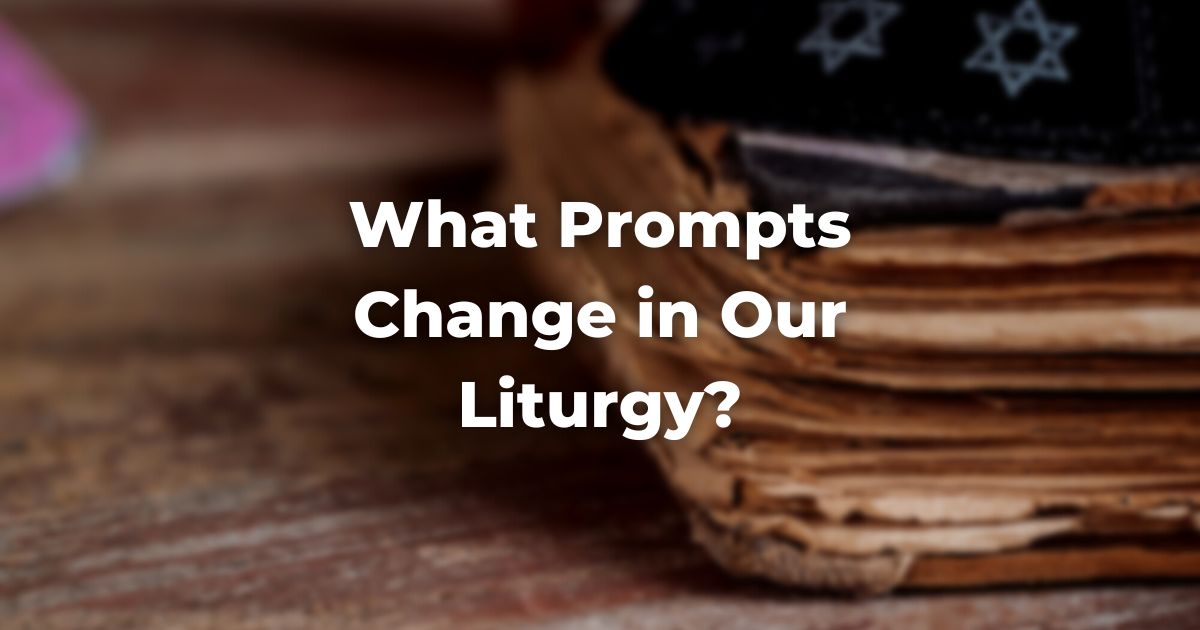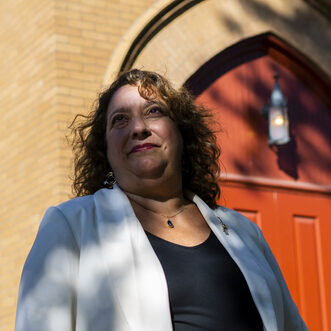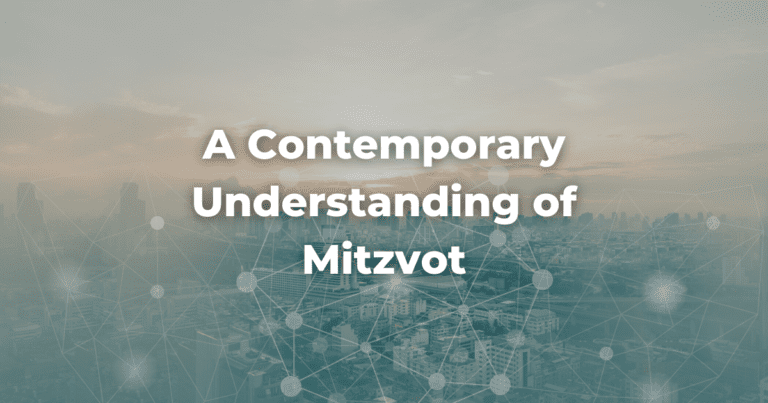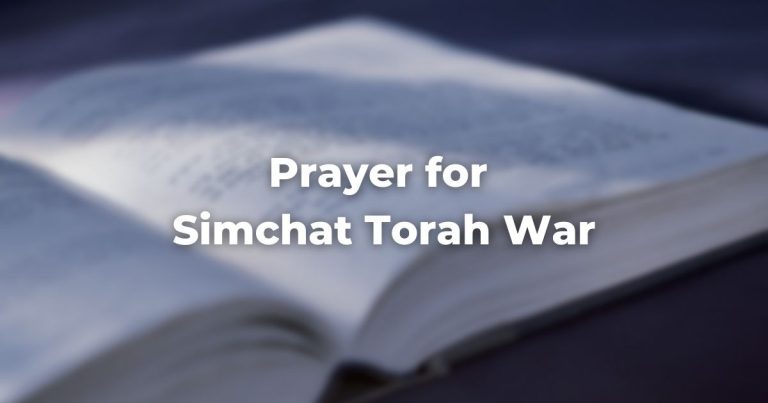Changes in liturgy are born out of changes in the theological and historical life of a people.
These changes take place not in the personal liturgical life of the individual, but on the communal level as evolving theological ideas, ritual practices, or historical realities insinuate themselves into the consciousness of a people at prayer.
There have been changes over the years that have gained almost universal acceptance in every Jewish community. There are also instances of liturgical development that reflect the evolving theology of the Conservative movement specifically.
Among the early morning benedictions, there are blessings in which worshippers praise God for their freedom, their Jewishness, and their specific gender.
Traditionally, the first two of these were formulated in the negative and thus God was thanked for not making the worshipper a heathen or a slave. The third had two formulations: a negative one for men, in which the male worshipper thanked God for not making him a woman, and a positive one for women, in which the female worshipper thanked God for creating her “according to divine will.”
The prayerbooks of the Conservative movement have tried to make these blessings sound less haughty and arrogant.
In particular, the blessing in which male worshippers thank God for not making them women rankled and was simply omitted.
In the Sabbath and Festival Prayer Book (edited by Rabbi Morris Silverman and published by the Rabbinical Assembly and the United Synagogue in 1946) the three blessings are presented in a positive guise and God is thanked by worshippers for making them free people, for making them Jews, and for making them in the divine image (which is applicable to ALL genders).
This is an example of communal liturgical development at its most normative: a text is found wanting or offensive, a way is found to preserve the acceptable element without maintaining the unacceptable, and the changed text is printed in a movement-wide prayerbook.
That then becomes the standard against which other texts are judged. Other liturgical changes that characterize Conservative movement prayerbooks have followed this pattern.
It is also possible to see liturgical change in progress.
Over the decades some congregations have added references to the ancient matriarchs of Israel into the opening paragraph of the Amidah alongside the patriarchs.
Other congregations have rejected this innovation as unnecessary, however, and the published prayerbooks of the movement reflect this state of liturgical flux.
The original edition of Siddur Sim Shalom (1985) had no reference to the matriarchs, but the second edition (1998) included the option of including them.
Published by the Rabbinical Assembly in 2010, Maḥzor Lev Shalem was even more assertive in this regard.
As the Conservative movement itself struggles with issues of gender identity in covenantal language (like how to affirm participants who are non-binary in prayer spaces), our liturgical publications reflect the development of our understanding.
Adapted with permission from The Observant Life.
Authors
-

Rabbi Dr. Karen G Reiss Medwed, works in higher education, as a Senior Assistant Dean for Faculty Affairs and Network Engagement. Dr. Reiss Medwed's scholarship includes understanding the growth of the field of digital education and instruction in higher education, K-12 education and faith-based education. Dr. Reiss Medwed was ordained by JTS in 1995, and earned her Ph.D. from New York University's Steinhardt School of Education in Curriculum, Teaching and Learning with a specialization in Jewish education in 2005. She was a Steinhardt Fellow for the four years of her doctoral studies. She went on to design and develop a Master of Education program in Faith-Based Education at the University of Pennsylvania's Graduate School of Education. Dr. Medwed has studied the development of innovative practices for digital learning and instruction and leadership in higher education.
View all posts -



The Observant Life: The Wisdom of Conservative Judaism for Contemporary Jews distills a century of thoughtful inquiry into the most profound of all Jewish questions: how to suffuse life with timeless values, how to remain loyal to the covenant that binds the Jewish people and the God of Israel, and how to embrace the law while retaining an abiding sense of fidelity to one’s own moral path in life. Written in a multiplicity of voices inspired by a common vision, the authors of The Observant Life explain what it means in the ultimate sense to live a Jewish life, and to live it honestly, morally, and purposefully. The work is a comprehensive guide to life in the 21st Century. Chapters on Jewish rituals including prayer, holiday, life cycle events and Jewish ethics such as citizenship, slander, taxes, wills, the courts, the work place and so much more.
View all posts






